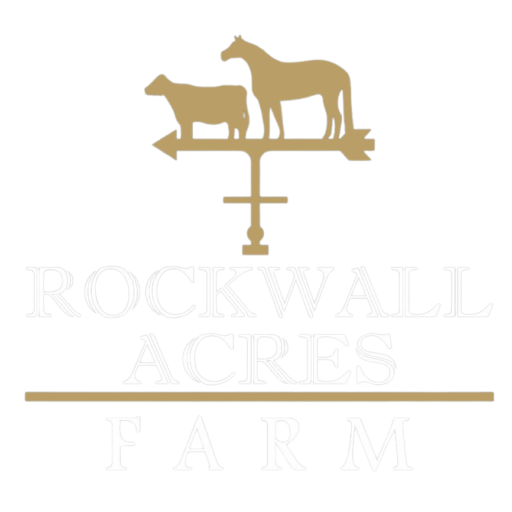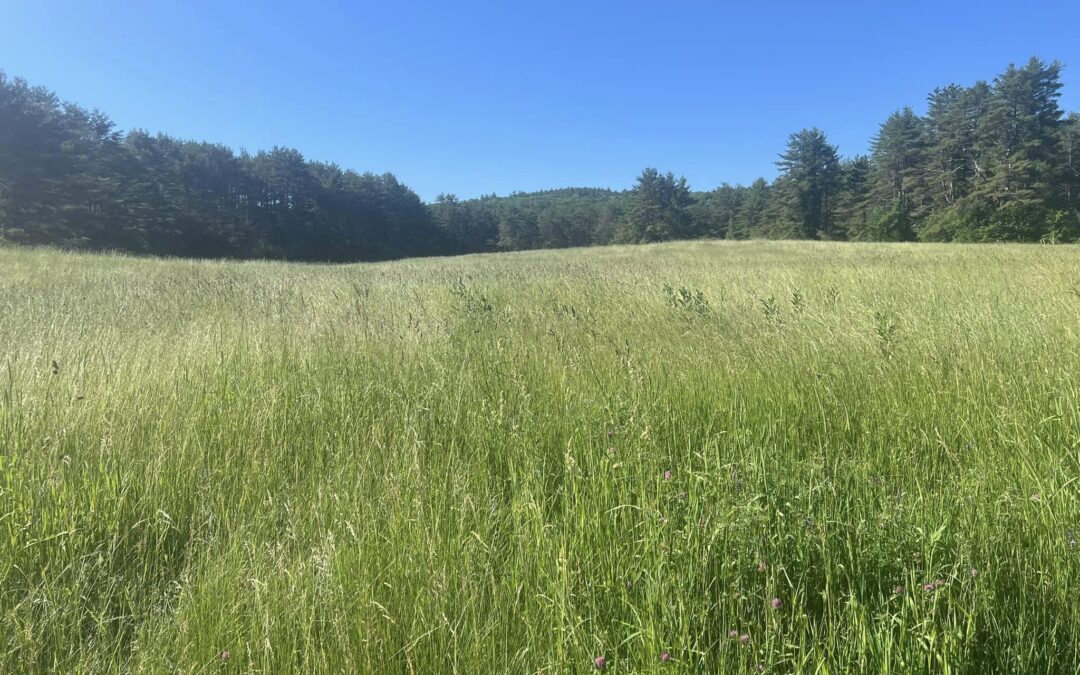Using Cow Manure and Horse Manure to Naturally Fertilize Your Fields: Benefits and Best Practices
Natural fertilization has long been a cornerstone of sustainable farming. Cow manure and horse manure, in particular, are two of the most commonly used natural fertilizers, thanks to their nutrient-rich profiles and soil-enhancing properties. Incorporating these organic materials into your farming practices can significantly improve soil health and boost crop yields. In this guide, we explore the benefits of using cow and horse manure to naturally fertilize your fields and provide practical tips for effective application.
Benefits of Using Cow and Horse Manure as Fertilizers
1. Enriches Soil Nutrients
Both cow and horse manure are rich sources of essential nutrients that plants need to grow, including:
- Nitrogen: Supports healthy foliage and plant growth.
- Phosphorus: Encourages strong root development.
- Potassium: Improves disease resistance and overall plant health.
2. Improves Soil Structure
Manure enhances soil structure by:
- Adding Organic Matter: Boosts water retention in sandy soils and improves drainage in clay soils.
- Encouraging Microbial Activity: Promotes a thriving soil ecosystem that supports nutrient cycling and plant growth.
3. Reduces Chemical Dependency
By using natural manure, farmers can reduce their reliance on synthetic fertilizers, lowering costs and minimizing environmental impact.
4. Promotes Sustainability
- Recycles farm waste into a valuable resource.
- Reduces waste management challenges associated with livestock farming.
5. Increases Crop Yields
Fields fertilized with cow or horse manure often experience improved yields due to the consistent supply of nutrients and healthier soil conditions.
Cow Manure vs. Horse Manure: Key Differences
Nutrient Content
- Cow Manure:
- Lower in nitrogen but provides a balanced nutrient profile.
- Higher water content makes it less likely to burn plants.
- Horse Manure:
- Richer in nitrogen but can be “hot,” requiring proper composting.
- Contains more organic material, enhancing soil structure.
Decomposition Rate
- Cow Manure: Decomposes more slowly, releasing nutrients gradually over time.
- Horse Manure: Breaks down faster, making nutrients available more quickly but requiring careful application to avoid nutrient overload.
Availability of Bedding Material
Horse manure often contains higher amounts of bedding material like straw or wood shavings, which can:
- Improve soil aeration.
- Temporarily tie up nitrogen during decomposition (if not fully composted).
Best Practices for Using Cow and Horse Manure
1. Composting Before Application
- Why Compost?
- Reduces pathogens and weed seeds.
- Stabilizes nutrient content to prevent plant burn.
- How to Compost:
- Create a balanced compost pile with a mix of manure, bedding material, and green waste.
- Turn the pile regularly to aerate and maintain a temperature of 135-160°F.
- Allow 3-6 months for complete decomposition.
2. Testing Soil and Manure
- Conduct soil tests to determine nutrient deficiencies.
- Test manure for nutrient levels to ensure balanced application.
3. Timing the Application
- Apply manure in the fall to allow nutrients to integrate into the soil by spring planting.
- Avoid applying fresh manure close to harvest time to prevent contamination.
4. Applying the Correct Amount
- Cow Manure: Spread evenly at a rate of 1-2 tons per acre.
- Horse Manure: Apply at a slightly lower rate due to higher nitrogen content.
5. Preventing Runoff
- Avoid applying manure near water sources or on sloped fields to prevent nutrient runoff.
- Incorporate manure into the soil immediately to reduce leaching and odor.
Environmental Considerations
1. Reducing Greenhouse Gas Emissions
Proper composting of manure can lower methane emissions and reduce the environmental impact of farming.
2. Protecting Water Quality
- Use buffer zones around waterways.
- Follow local guidelines for manure application rates and timing.
Conclusion
Using cow and horse manure as natural fertilizers is a sustainable and effective way to improve soil health and enhance crop production. By composting manure, testing soil, and applying it thoughtfully, you can maximize its benefits while minimizing environmental risks. Embracing this age-old farming practice not only supports your farm’s productivity but also contributes to a healthier, more sustainable planet.
FAQs
- Can fresh cow or horse manure be applied directly to fields?
- Fresh manure can be too “hot” and may burn plants. Composting is recommended to stabilize nutrients.
- How long does it take for composted manure to be ready for use?
- Composting typically takes 3-6 months, depending on conditions.
- Which is better for vegetable gardens: cow manure or horse manure?
- Both are excellent, but composted cow manure is often preferred for its balanced nutrient content and lower nitrogen levels.
- How do I prevent weeds when using manure?
- Proper composting kills weed seeds, ensuring a cleaner application.
- Can manure be used in organic farming?
- Yes, manure is widely used in organic farming as long as it meets composting and application guidelines.

